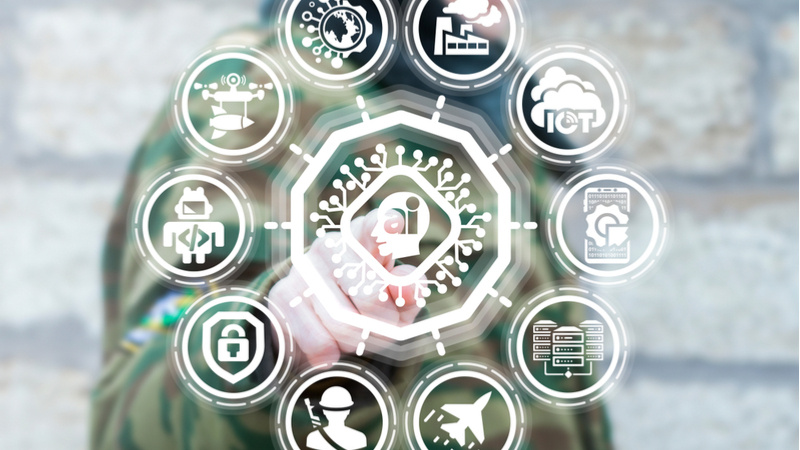
Pat Flanders, PEO for Medical Systems and Chief Information Officer for J-6 for the Defense Health Agency (DHA), explained this week that emerging IT capabilities are allowing DHA to better serve its large global network.
“DHA manages one of the largest health care systems in the Federal government and globally, comprised of more than two hundred hospitals around the world,” Flanders said during a NextGov/FCW webinar on Sept 25.
He explained that meeting the needs of such a large network requires a network capable of global connectivity. IT innovations have helped the agency onboard a connected network that ensures better global connectivity.
“We’re now able to connect things that we couldn’t connect before … [it] has enabled centralized monitoring in a very meaningful way [with] a single active directory, better identity management, and a 24/7 365 Global Service Center help desk,” Flanders explained.
“We started this transformation to the network side in 2016. We’ve got everything in place and singled-up now. Now we’re on the clinical side, which we began last October. We’re going through modifying policies and capabilities, so when you walk into any hospital [in our network] you get that same experience,” he said.
Flanders explained that by relying on IT innovations hospitals and medical treatment centers in the DHA network can shift to an agile, completely digital, patient-centered system that supports a telehealth system, electronic health record health system, and patient portals that allow access to records and online scheduling options.
However, adopting new IT solutions requires a serious look into cybersecurity. Flanders explained that in acquiring new devices, DHS must get them monitored and secured quickly.
“You need to make sure that that device has the proper security protocols on it,” he said. “We have people across the entire system that do nothing but risk management framework … the tools, the people, the processes, the formal processes really are what enable good cybersecurity, and I’m pretty comfortable with where we are.”
He highlighted that implementing an agile global network is not just about buying technology. Rather, he said, “it’s the installing, it’s the sustaining, it’s the cyber … And so, we’ve gone on a big campaign to train people and teach these responsibilities to ensure we have a centralized network.”
